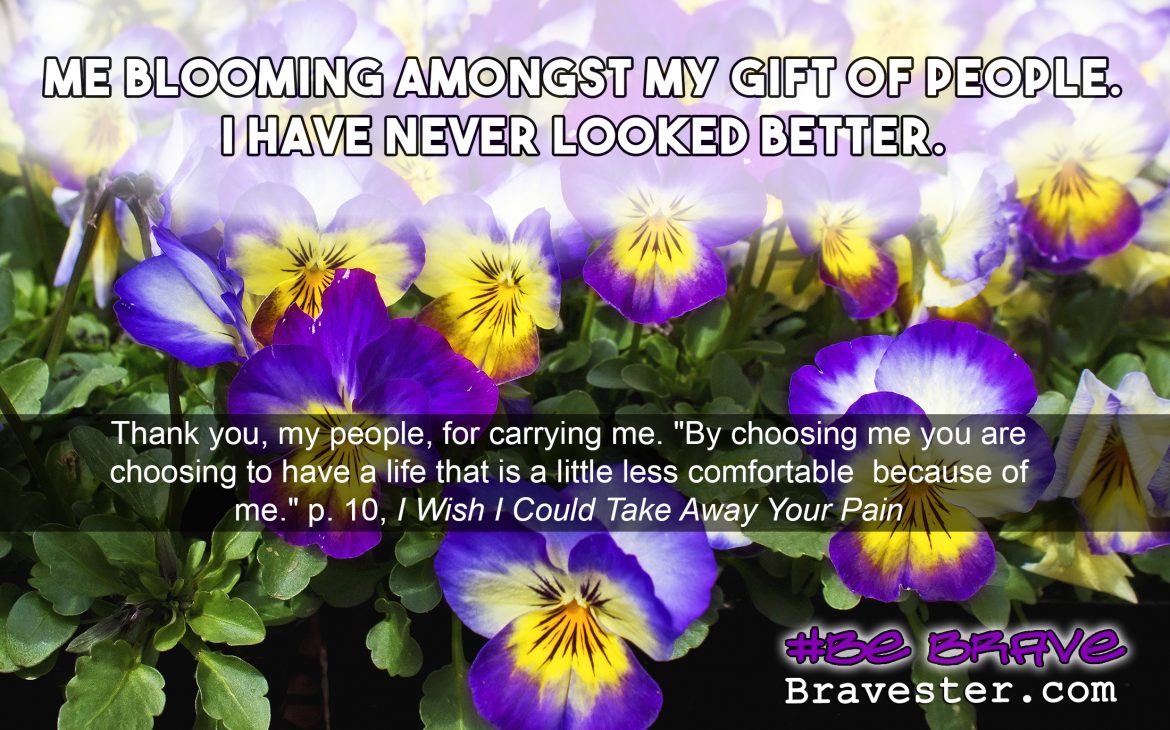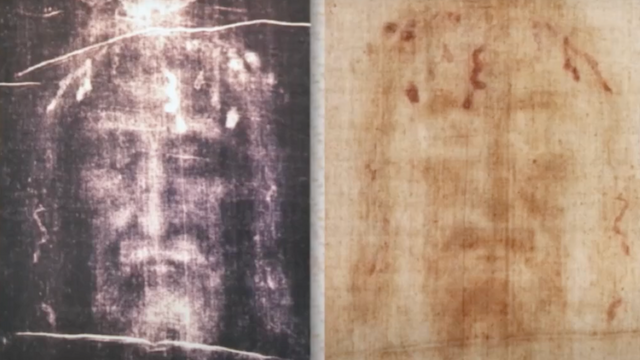Why Repeating Those Affirmations Don’t Heal You? - Bravester
You have those “I Am” statements posted on your mirror. You are diligently doing a Bible reading and devotion every morning. You are praying big prayers of faith. And you still struggle with self-sabotage.
You know it is only you who struggles this way. Because the others around you don’t struggle. You hear their testimonies, you try what works for them, and you still struggle with a shame that so overwhelms you that you live small.
I have no magic or declarations for you here. But I do have some words that will help move you forward.
There are two levels of belief we live at: explicit belief and implicit belief.
Explicit belief is conscious, deliberate, and articulated. It’s what we declare with words or affirm with intentional actions, such as saying “I believe in God” or “I trust this will work out.” Explicit beliefs are shaped by reasoning, teaching, and reflection. They are the convictions we are aware of and can usually explain when asked. Because they are outward and declared, explicit beliefs often become the foundation of community identity, creeds, or personal statements of faith.
Explicit beliefs are beliefs we choose to believe. We learn. We study. You read Bravester. You really want to live what you believe.
Implicit belief, by contrast, runs beneath the surface of awareness. It shapes instincts, reactions, and assumptions without being consciously stated. For example, someone might explicitly say, “I believe God will provide,” yet implicitly live with anxiety, hoarding resources as if God won’t. (Is that you?) Implicit belief reveals itself in unspoken habits, body language, or emotional responses. It is often formed early in life through experiences and environments, and it can operate even when it contradicts what a person explicitly professes. Implicit beliefs are narratives that are deep in our bodies. Sometimes we are unaware of them so we develop coping mechanisms. Sometimes those coping mechanisms look like explicit beliefs. Your friends wonder why you just pulled away or sabotaged yourself again.
Implicit beliefs are powerful because they drive much of our lived reality, even when unexamined.
Implicit beliefs cannot be healed by reading a book about shame, reading Bravester, listening to podcasts, or studying more. The implicit shame lives at an implicit level. Even if your mind believes the explicit truths, you don’t believe it. You don’t feel the love of God. You don’t trust God. It is not because you have heretical theology. Your implicit gut is broken.
So how do you heal your implicit gut?
Healing implicit beliefs is a process of bringing what is hidden into the light and allowing God to reshape it. Since implicit beliefs often form through experience rather than reasoning, they are not usually changed by new information alone. Instead, they are healed through encounters that rewrite the story underneath. This happens with people. This is your church, your community, your gift of people. This is in kitchens, therapy offices, coffee shops, and churches. We are saved relationally.
Explicit beliefs allow us to put on a very nice mask. To heal the implicit gut we need to remove those masks to our gift of people.
“We all have thousands of reasons for wearing a mask. But if you can find the bravery to take it off—at least with your gift of people—you will find that ache of destiny arising out of your soul.” –Brenda Seefeldt Amodea, The Mask You Wear and Your Destiny
“Shame dies when stories are told in safe places.” –Ann VosKamp, The Broken Way
“Shame is corrosive because of its effect on the brain, discoloring our personal story and wearing us down. It does this through the hippocampus, where information is temporarily stored before a small proportion is made into memories. In addition to new information, an already established memory is refreshed every time it’s recalled; the hippocampus refreshes the neural network devoted to that memory. Our memories are never permanent because they constantly are being refreshed, which originates in our hippocampus. If we recall a shameful memory without the proper perspective, we can cause it to be refreshed with more shame than it originally contained.” –Leonard Matheson, The Faithful Brain, p. 40
This is how shame dies when stories are told in safe places.
Do you have people who are safe places you can tell your story to? Seek the people who are not avoiding you. These are the people who want to be in the room with your shame. When I sense my shame, will you come closer? Do you see curious? You will see them seeing your shame, you will also see them disregarding your shame and seeing you. They will hear all about your shame and you will watch them stay. You will feel your entire body change by these relationships. So you are more likely to live like you really want to live when someone sees you like this.
We need people to heal. People are a part of your spiritual formation.
You are not the exception. Shame is a universal experience. Dr. Curt Thompson says often that “Shame begins to take root in our minds as early as fifteen to eighteen months of age.” The Bible says there is no more shame (Romans 8:1, great verse!). But experientially this is not true. Both are true. We live with residual shame deep in our bodies. All of us.
Shame is a physiological response to our experiences. You feel shame in your chest. You turn your head. You turn your shoulders in. You can’t think creatively. You turn away from your own insides too. Positive affirmations, “doing the work” and manifesting don’t work to heal the deep roots of shame. Because they don’t penetrate deep enough to our brains and bodies. But relationships with people do.
Remember that Bravester me (and you) are pro-guilt and anti-shame. Guilt moves us toward the relational breach. Shame moves you away. Move towards relationships.
Shame is rooted in fear of the loss of connection. Dr. Brene’ Brown for 18 years now has taught us this definition of shame: “Shame is the intensely painful feeling or experience of believing that we are flawed and therefore unworthy of love and belonging.” We feel that definition in our bodies.
With fear, the body gives you options—you can fight, or you can flee. There is movement, a sense that you can do something to respond. But with shame, those options don’t exist. Shame doesn’t offer a way out but locks you up inside yourself. Even if you try to “flee,” the shame comes with you, because it isn’t about the external situation—it’s about who you believe you are. The deepest fear in shame is not just that others will leave you, but that you are left alone with yourself, carrying the weight of your own unworthiness wherever you go. Move towards relationships who already believe you are worthy of love and belonging.
Today’s Christian faith is full of “We want to be saved but we don’t want to do it with people.” We love our autonomy.
What you fear the most—depending on people who might hurt you—is actually the very thing that will bring you healing.
That’s a wow thought that will require some brave decisions.
You can change your path. You can heal your implicit gut. It will require people though. (Don’t you want these ladies in your life?!)








